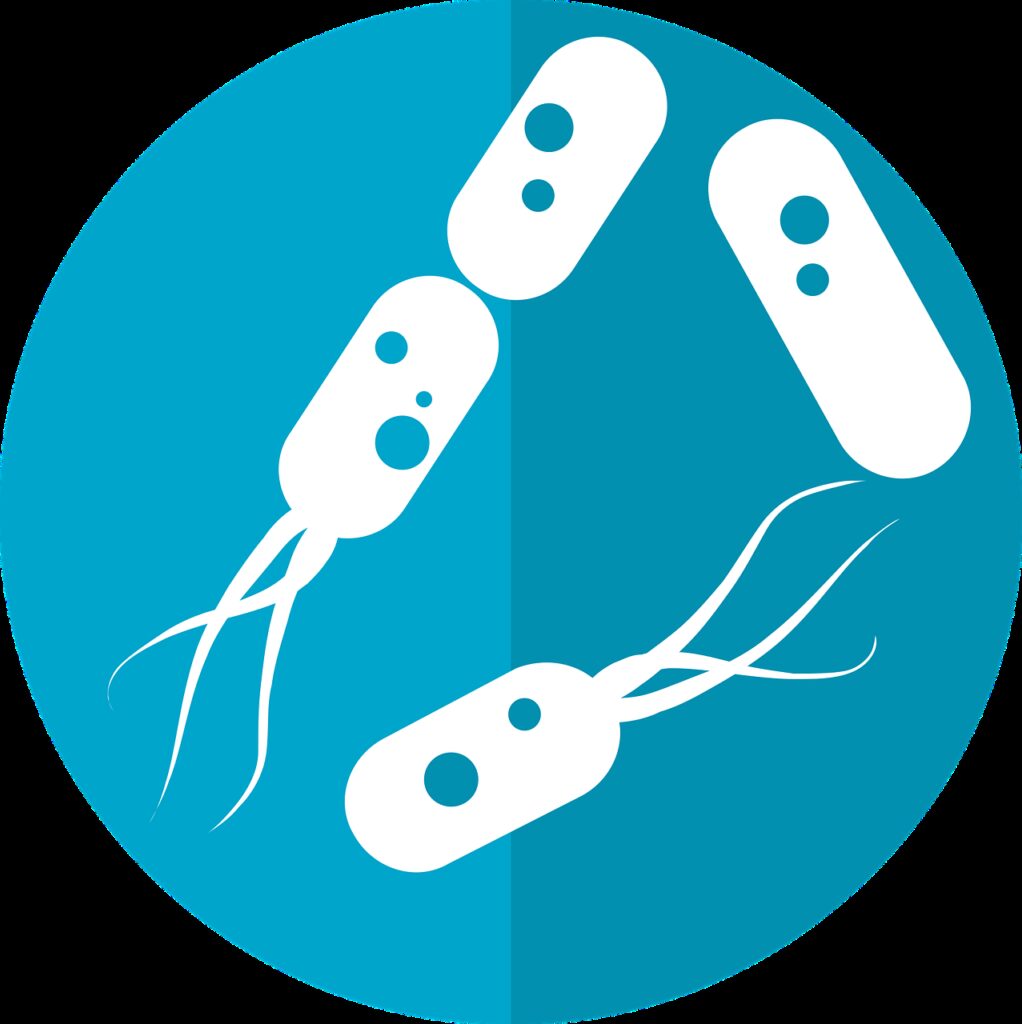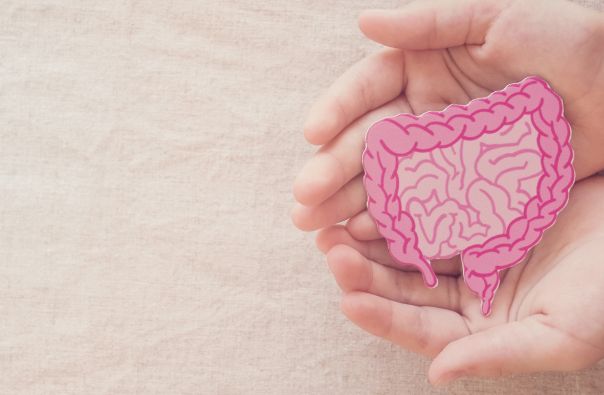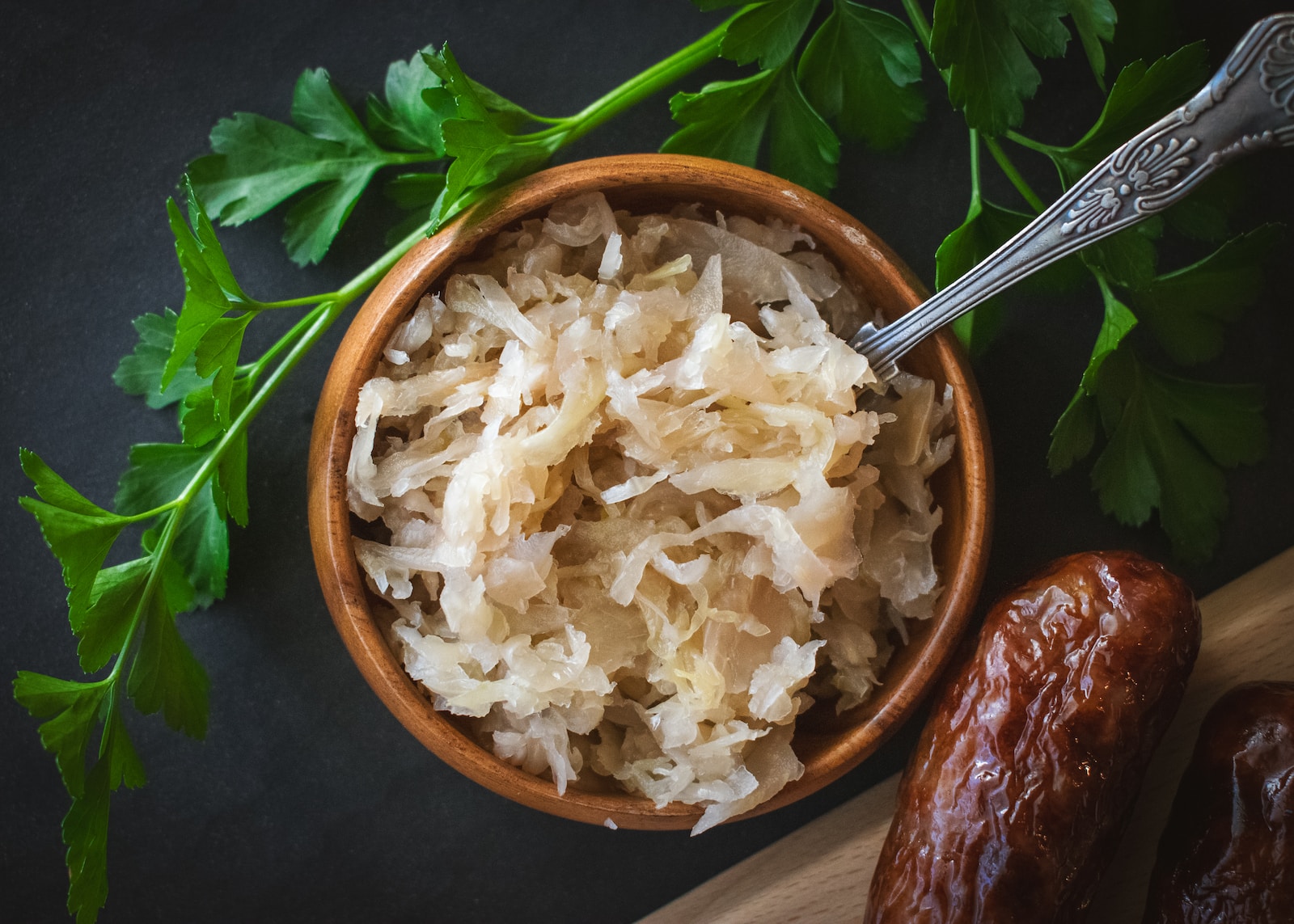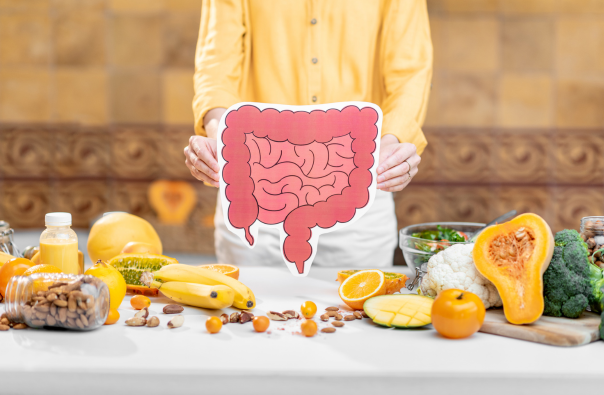The human gut microbiome, a complex ecosystem of microorganisms residing in our digestive system, has become a topic of growing interest for health experts and researchers. Comprising bacteria, viruses, fungi, and protozoa, this intricate community significantly impacts various physiological functions crucial to human health.
This piece explores the significance of the gut microbiome, highlighting its essential roles and providing guidance on sustaining a beneficial microbial equilibrium.
Understanding the Gut Microbiome
The gut microbiome consists of trillions of microorganisms residing in the human gastrointestinal tract. These microorganisms are not just along for the ride; they play vital roles that greatly impact our health and overall wellness. Research on the gut microbiome has uncovered its crucial involvement in digestion, immunity, and even mental well-being, revolutionizing our comprehension of human biology.
Gut Microbiome functions
The impact of the gut microbiome on human health is both wide-ranging and significant, encompassing several critical functions that underscore its importance. These contributions include:

Digestion and Nutrient Absorption
The gut microbiome plays a crucial role in the digestion of foods that the stomach and small intestine cannot fully digest. By fermenting dietary fibers, it produces short-chain fatty acids (SCFAs) such as acetate, propionate, and butyrate, which are essential for gut health. These SCFAs have various functions, including energizing colon cells, reducing inflammation, and regulating appetite and metabolism.
Additionally, the gut microbiome contributes to the synthesis of vital vitamins like vitamin K for blood clotting and B vitamins for energy production and brain health. It also aids in the absorption of minerals like calcium and iron, emphasizing its significance in nutrition and overall well-being.
Immune System Modulation
The gut microbiome is crucial for shaping and regulating the immune system. Starting from birth, it educates the immune system to recognize the difference between harmful and harmless intruders. This interaction with microbes promotes tolerance for beneficial bacteria while remaining vigilant against harmful pathogens.
Microorganisms in the gut produce substances that influence immune responses, preventing an overreaction that may lead to inflammatory conditions. Additionally, a diverse and balanced gut microbiome can help prevent allergies and autoimmune diseases by maintaining the integrity of the gut lining. This barrier blocks harmful substances from entering the bloodstream and triggering immune responses.
Protection Against Pathogens
The gut microbiome competes with harmful pathogens for nutrients and space, serving as a key defense against infections. This process, referred to as colonization resistance, hinders the growth of pathogenic bacteria in the gut. Beneficial microbes generate antibacterial substances and acids that reduce the gut’s pH, making it unsuitable for harmful bacteria. Additionally, by promoting the production of mucin (a mucus component) by gut cells, the microbiome strengthens the gut barrier against pathogens.
Influence on Mental Health (Gut-Brain Axis)
The gut-brain axis serves as a two-way communication network connecting the enteric nervous system (ENS) in the gut to the central nervous system (CNS). This relationship implies that the condition of the gut microbiome can impact mental health and brain activity. For example, specific gut bacteria generate neurotransmitters such as serotonin and gamma-aminobutyric acid (GABA), which are involved in mood and anxiety regulation.
Studies indicate that alterations in the gut microbiome can impact the neural pathways in the brain, thus influencing responses to stress, anxiety, and depression. Probiotics, known as beneficial bacteria, have been researched for their ability to potentially ease symptoms of mental health conditions by affecting the gut-brain connection.
Factors Affecting the Gut Microbiome
The composition and well-being of our gut microbiome are not fixed; they are impacted by various factors over our lifetime. Being aware of these factors enables individuals to make decisions that promote a thriving and harmonious microbial community. Below are the key factors that affect the gut microbiome, elaborated upon:
Diet and Nutrition
Diet plays a crucial role in shaping the gut microbiome. The types of foods we consume can either support the growth of beneficial microbes or promote harmful ones:
- Fiber: High-fiber foods, such as fruits, vegetables, legumes, and whole grains, are beneficial for the gut microbiome. Dietary fibers act as prebiotics, nourishing beneficial bacteria and enabling them to produce short-chain fatty acids (SCFAs), which have anti-inflammatory properties and are vital for gut health.
- Probiotics: Fermented foods like yogurt, kefir, sauerkraut, and kimchi contain live probiotics, beneficial bacteria that can help balance the gut microbiome.
- Dietary Diversity: A varied diet promotes a diverse microbiome, which is associated with better health outcomes. Consuming a wide range of plant-based foods can increase microbial diversity.
- Processed Foods and Sugar: Diets high in processed foods, sugar, and saturated fats can negatively impact the gut microbiome, leading to decreased diversity and an increase in harmful bacteria.
Antibiotics and Medications
While antibiotics are essential for fighting bacterial infections, they can also have a significant impact on the gut microbiome by killing not only harmful bacteria but also beneficial ones. This disruption can lead to a decrease in microbial diversity and an imbalance known as dysbiosis. Other medications, including non-antibiotic drugs such as proton pump inhibitors (PPIs) and non-steroidal anti-inflammatory drugs (NSAIDs), can also affect the microbiome:
- Selective Impact: Some antibiotics are more selective than others, but broad-spectrum antibiotics can cause widespread disruption in the gut microbiome.
- Recovery: The gut microbiome can recover after antibiotic treatment, but it may not return to its original state, which could have long-term implications for health.
- Preventive Measures: Taking probiotics during and after antibiotic treatment can help restore the balance of the gut microbiome.
Lifestyle Factors
Beyond diet and medication, several lifestyle factors can influence the gut microbiome:
- Stress: Chronic stress can negatively affect the gut microbiome, altering its composition and potentially leading to dysbiosis. The stress-gut connection is bidirectional, with gut health impacting stress levels and vice versa.
- Sleep: Adequate sleep is crucial for maintaining a healthy gut microbiome. Disruptions in sleep patterns can lead to changes in microbial diversity and composition.
- Physical Activity: Regular exercise has been shown to positively affect the gut microbiome, increasing its diversity and enhancing the abundance of beneficial microbes.
Environmental Exposures
Exposure to different environments, especially in early life, can shape the gut microbiome. Natural environments and regular exposure to diverse microbes can support the development of a robust microbiome:
- Hygiene Hypothesis: The hygiene hypothesis suggests that a lack of exposure to microbes in early life, due to excessive cleanliness and sanitation, may lead to an underdeveloped immune system and a less diverse gut microbiome.
- Urbanization: Living in highly sanitized urban environments can limit exposure to the microbial diversity found in natural environments, potentially affecting the gut microbiome’s development and function.
How to Improve Your Gut Microbiome
Enhancing gut microbial health involves adopting a comprehensive approach that includes dietary and lifestyle modifications:
- Diet Recommendations: Consuming a diet rich in prebiotics (fibers that feed beneficial bacteria) and probiotics (live beneficial bacteria) can help support and enrich the gut microbiome.
- Lifestyle Adjustments: Reducing stress through mindfulness practices, ensuring adequate sleep, and engaging in regular physical activity can positively impact microbial health.
- The Importance of Dietary Diversity: A diverse diet supports a diverse microbiome, which is associated with better health outcomes.
Conclusion
The gut microbiome plays a vital role in human health, affecting not just digestion but also our immune system, mental well-being, and general health. Understanding its functions and the elements that affect its equilibrium empowers individuals to proactively care for a healthier gut microbiome. By making conscious dietary decisions and adopting healthy lifestyle practices, we can enhance a diverse and robust microbial community in our gut, paving the way for improved health and well-being.










